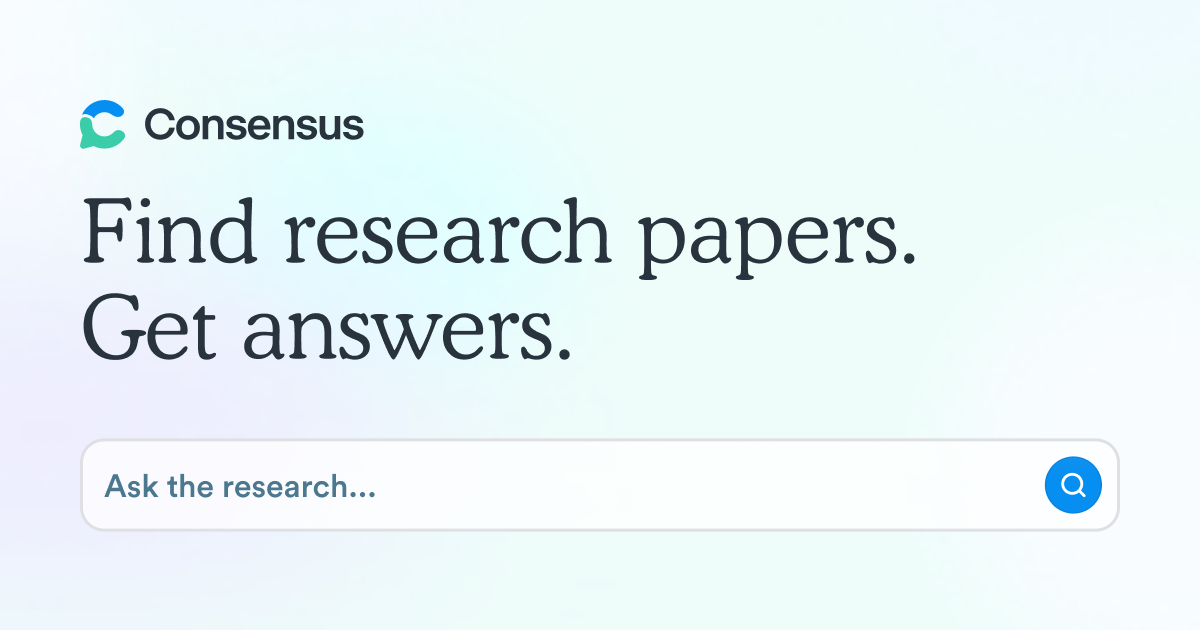- The 79
- Posts
- OpenAI's GPT-4.1 is here
OpenAI's GPT-4.1 is here

Hello everyone! Here’s what you need to know about AI today:
👉 OpenAI releases GPT-4.1 with strong coding abilities
👉 Google’s new AI can understand what dolphins say to each other
👉 Hugging Face buys a humanoid robot company
and many more!
📧 Did someone forward you this email? Subscribe here for free to get the latest AI news everyday!
Read time: 5 minutes

OPENAI
GPT-4.1 is here, but only accessible via API

Source: OpenAI
What’s going on: OpenAI has released GPT-4.1, a new family of AI models designed specifically for coding tasks, available only through the company’s API. The lineup includes GPT-4.1, GPT-4.1 mini, and GPT-4.1 nano, each tailored to balance performance and cost. These models can process up to 1 million tokens, roughly 750,000 words, making them capable of handling extensive codebases or complex projects.
What does it mean: These models outperform OpenAI’s previous models like GPT-4o and GPT-4o mini on coding benchmarks, with GPT-4.1 scoring between 52% and 54.6% on SWE-bench Verified, a human-validated coding test. OpenAI emphasizes practical improvements, such as better frontend coding, fewer unnecessary edits, and reliable adherence to formats, based on direct developer feedback.
More details:
The models come at a lower cost than their predecessors, with GPT-4.1 priced at $2 per million input tokens and $8 per million output tokens, while the nano version is the cheapest at $0.10 and $0.40, respectively.
This makes them attractive for developers building software engineering tools or AI agents. However, they’re not flawless. Accuracy drops with larger inputs, falling from 84% at 8,000 tokens to 50% at 1 million on OpenAI’s own tests.
The models lack ChatGPT integration for now, focusing on API-driven development.
OpenAI is phasing out its resource-heavy GPT-4.5 model in the API, positioning GPT-4.1 as a more efficient replacement.
Interested in the details? Read OpenAI’s official blog post here.
Google has developed DolphinGemma to understand dolphins

Source: Google | Whistles (left) and burst pulses (right) generated during early testing of DolphinGemma
What’s going on: Google has developed an AI model called DolphinGemma to analyze dolphin vocalizations and advance research into their communication patterns. Built on Google’s open-source Gemma framework, the model processes clicks, whistles, and burst pulses from Atlantic spotted dolphins, using four decades of data from the Wild Dolphin Project (WDP). With roughly 400 million parameters, it’s lightweight enough to run on Pixel smartphones, making it practical for field research.
What does it mean: DolphinGemma identifies patterns in sound sequences and predicts subsequent vocalizations, similar to how language models handle human speech. This could help researchers uncover structures in dolphin communication that were previously difficult to detect without extensive human effort.
More details:
The model is paired with a system called CHAT, developed with Georgia Tech, which uses Pixel phones to generate synthetic dolphin sounds tied to objects like seagrass or scarves.
The goal is to create a shared vocabulary for two-way interaction with dolphins, allowing researchers to test whether dolphins can learn and mimic these sounds to request items.
Google will release the model openly in the future, enabling researchers to adapt it for other cetacean species, though fine-tuning will be needed for different vocal patterns.
Learn about the details and watch demos on Google official blog.

🛑 OpenAI will discontinue access to GPT-4.5 through its API on July 14, encouraging developers to switch to the GPT-4.1 model, which OpenAI claims offers similar or better performance at a lower cost.
🌍 Meta will begin training its AI models on public content from Facebook and Instagram users in the EU, after pausing such plans due to regulatory concerns over data privacy; users will receive notifications and can opt out, though Meta says it won't use private messages or data from users under 18.
🤗 Hugging Face acquired Pollen Robotics, a French startup focused on affordable humanoid robots, for an undisclosed amount, with plans to sell Pollen's Reachy 2 robot and allow developers to improve its code.
🍎 Apple is addressing criticism of its AI products' performance by using "differential privacy" to analyze user data privately with synthetic data, polling opted-in users' devices with snippets of generated synthetic data to compare accuracy and improve models like Genmoji, Image Playground, and email summaries.
🤖 RLWRLD, a South Korean startup, raised $14.8 million to develop a foundational AI model for robotics that combines LLMs with traditional robotics software, enabling robots to perform precise tasks, handle delicate materials, and adjust to changing conditions.
👨🏫 Google Classroom now offers an AI-powered feature using Gemini that helps teachers generate quiz questions from uploaded files or manually entered text, with options to filter by grade level, number of questions, and question type, as well as specify desired skills.


AI + Startup pitch creation
Develop a script for a 2-minute elevator pitch for a SaaS product that automates expense tracking, targeting small business owners with less than 50 employees.

GPT-4o-mini’s answer

Humane - Software Engineer, AI Systems
NICE - AI Advocate
BioRender - Head of ML
Chewy - Machine Learning Engineer II
Thank you for staying with us like always! If you are not subscribed, subscribe here for free to get more of these emails in your inbox! Cheers!


